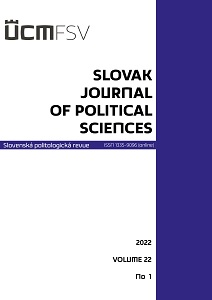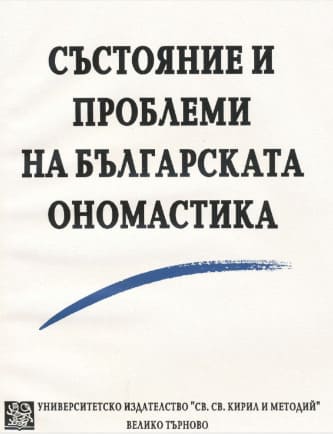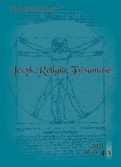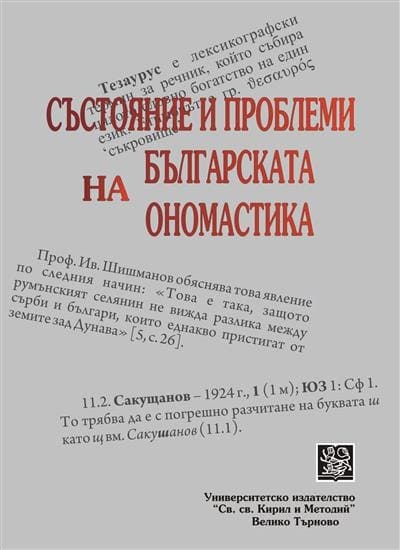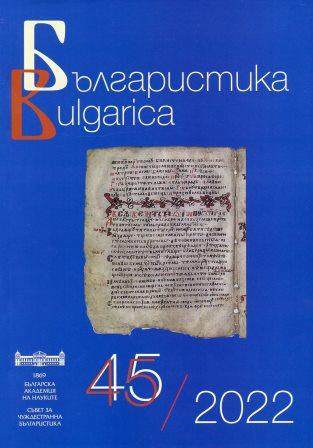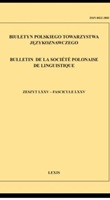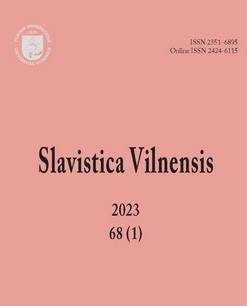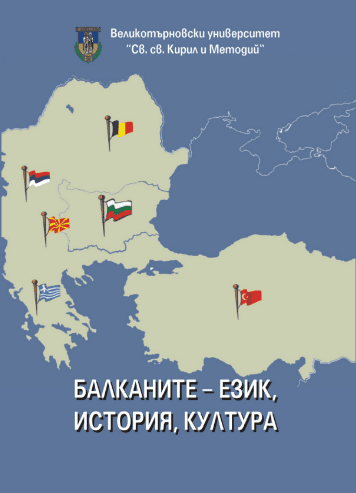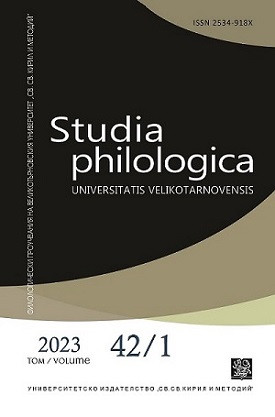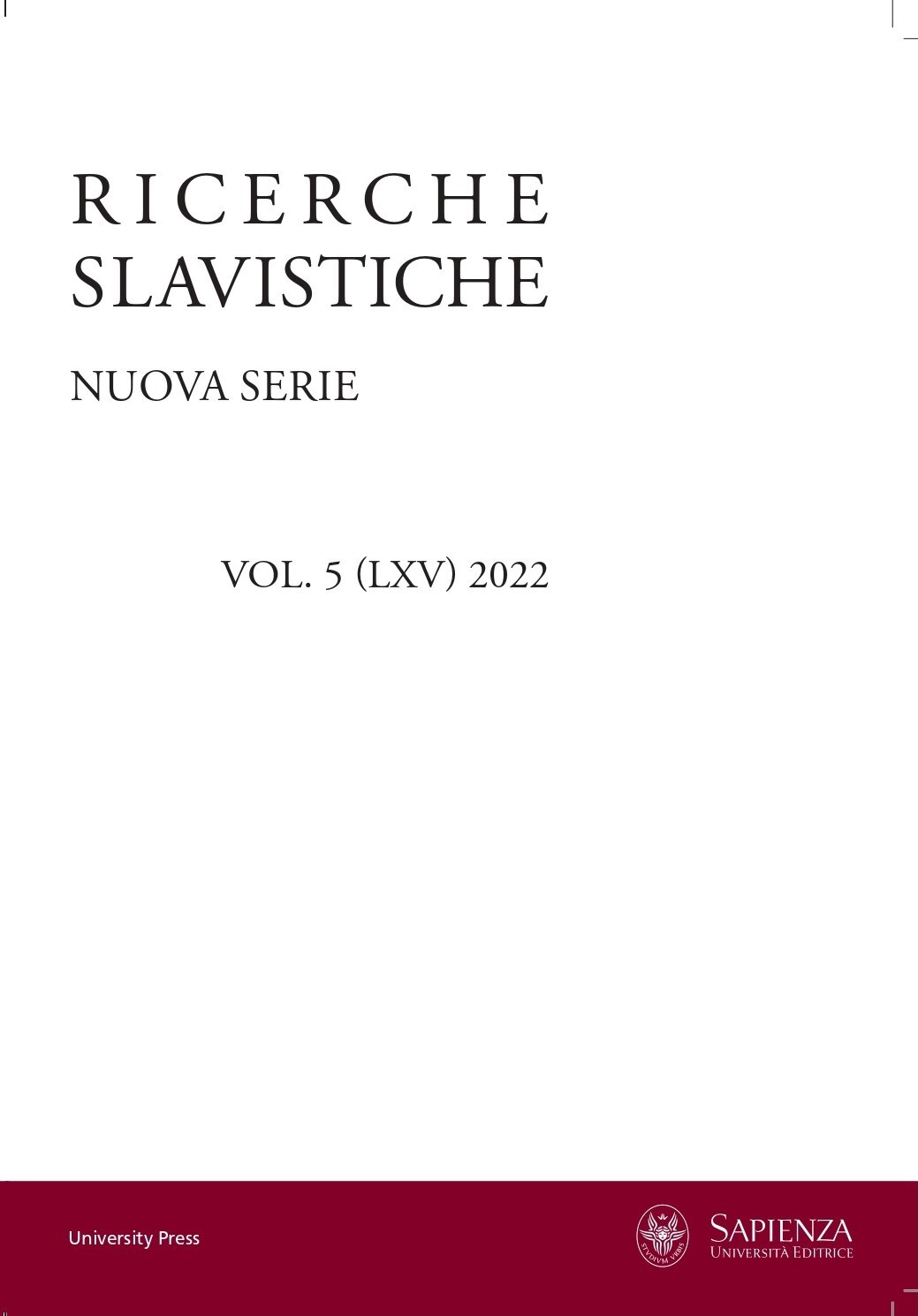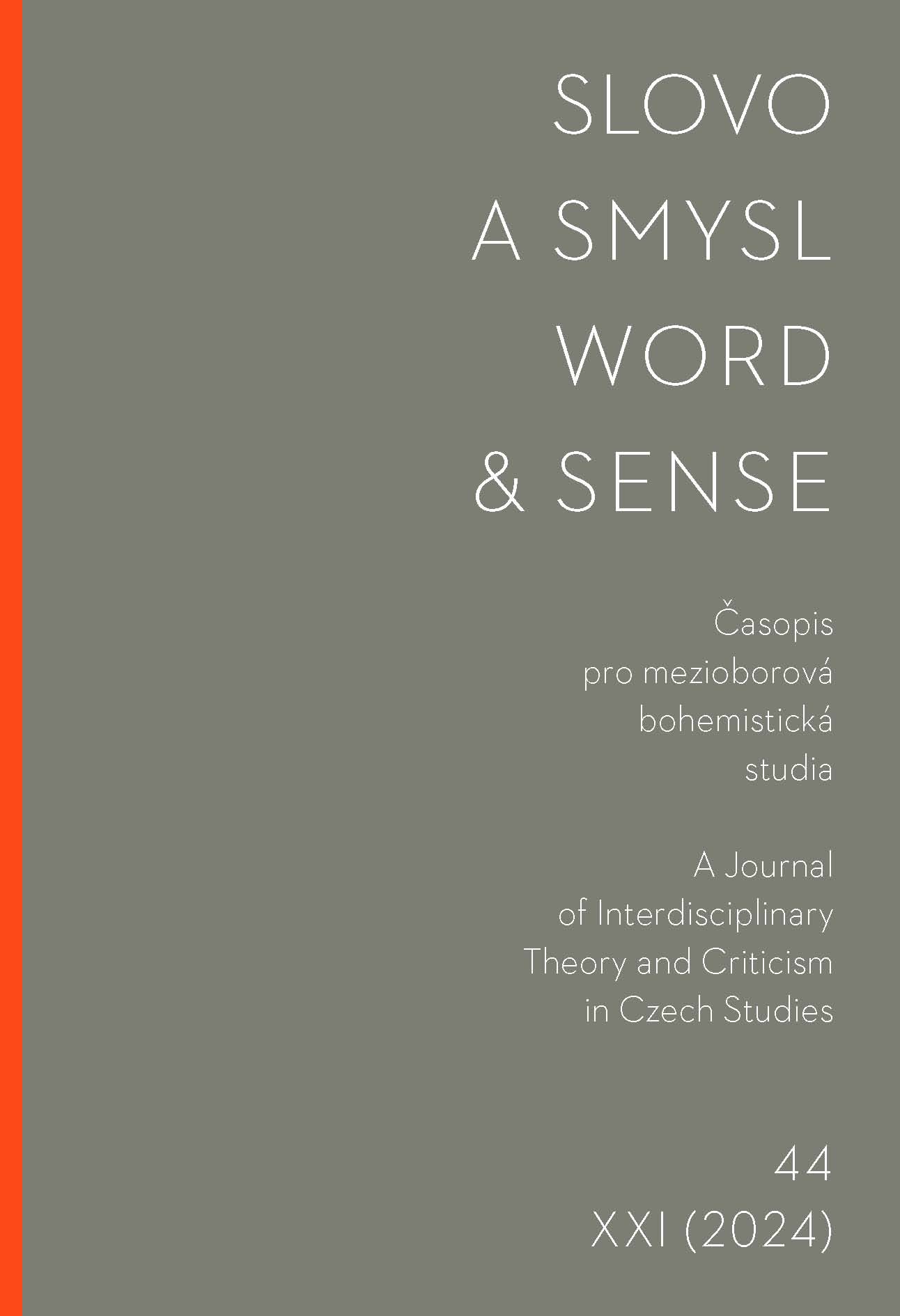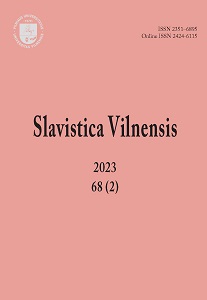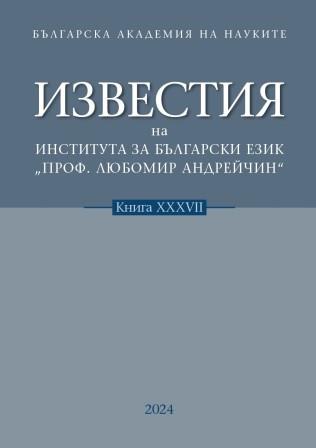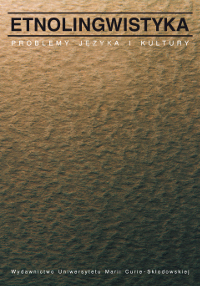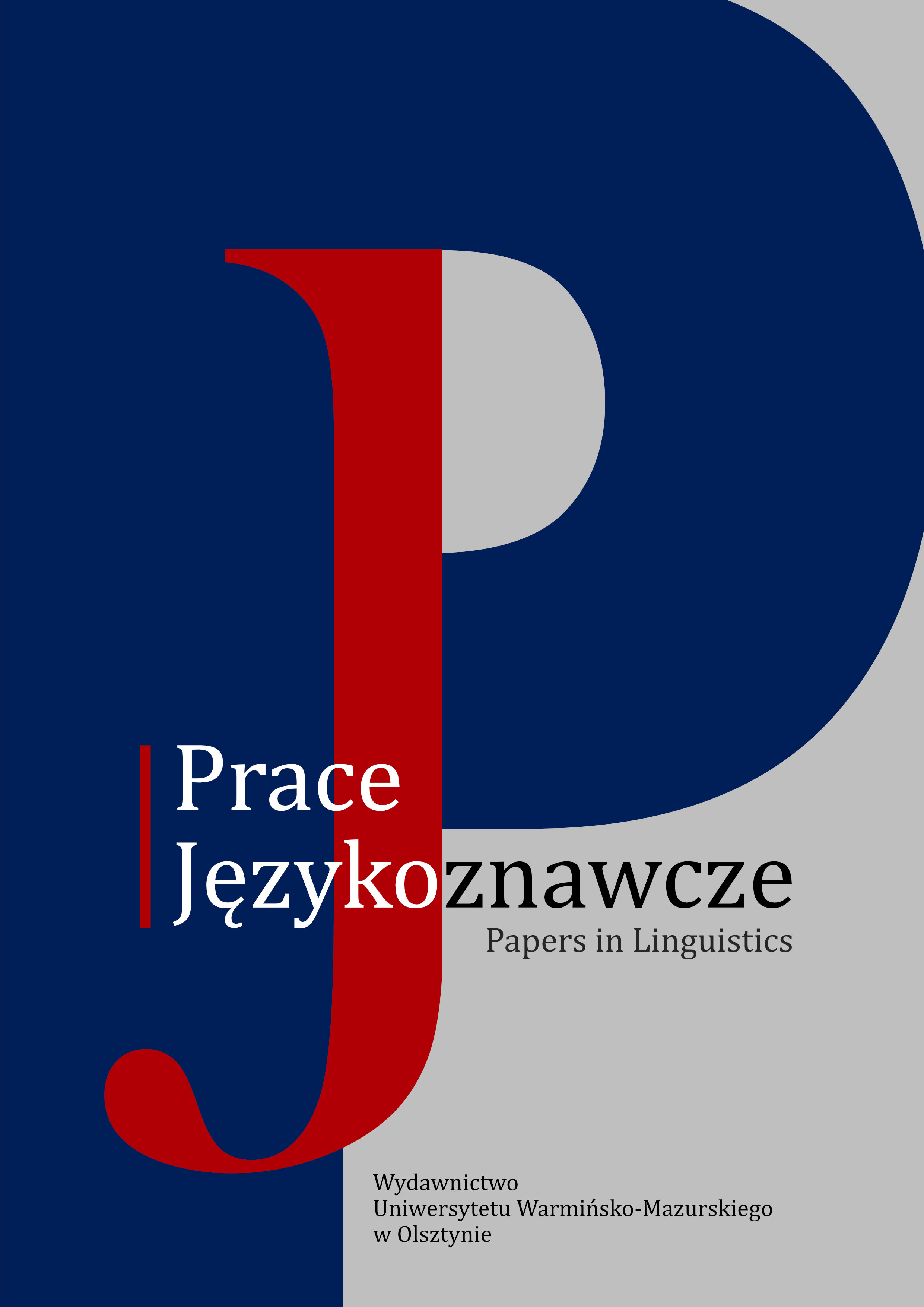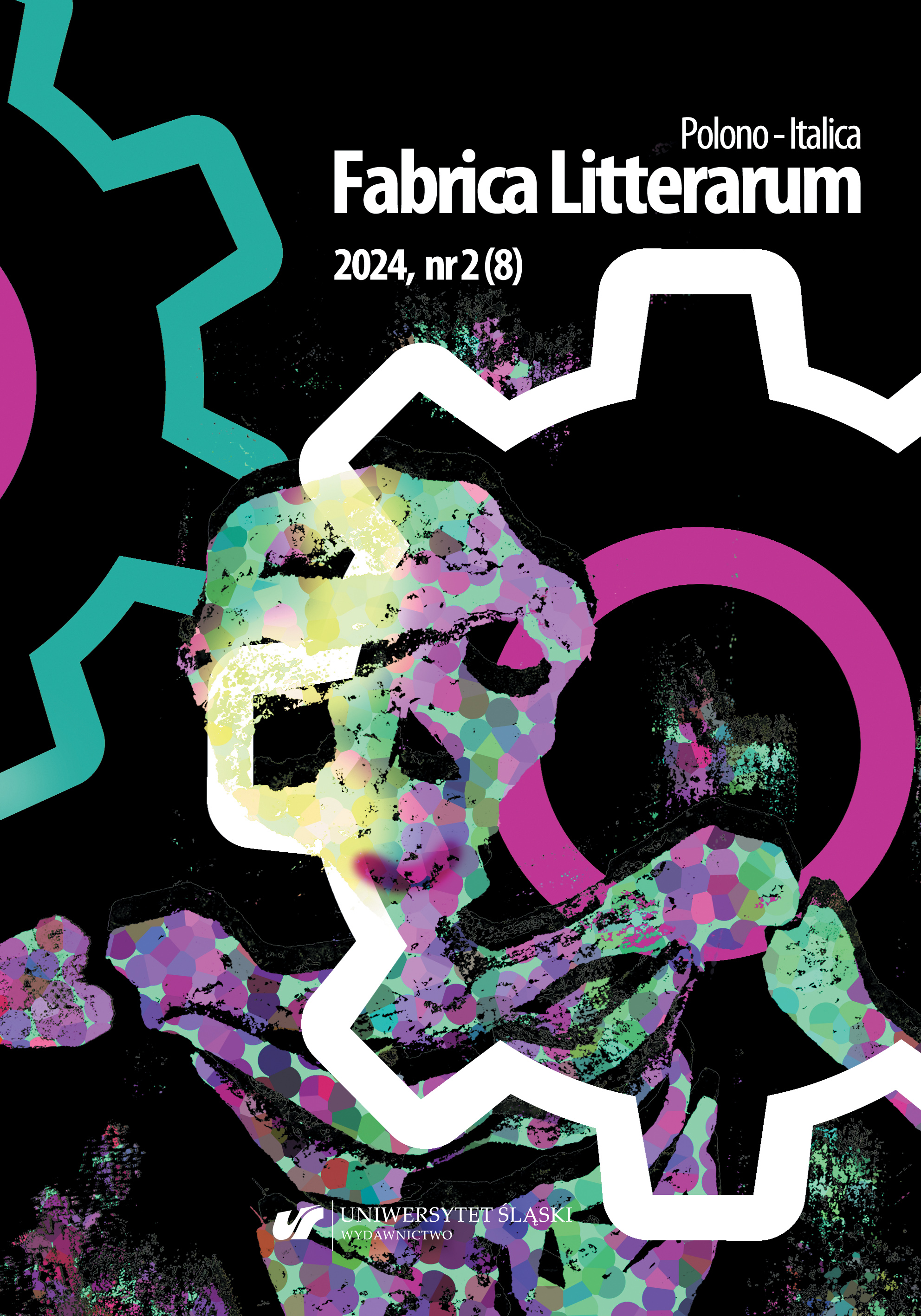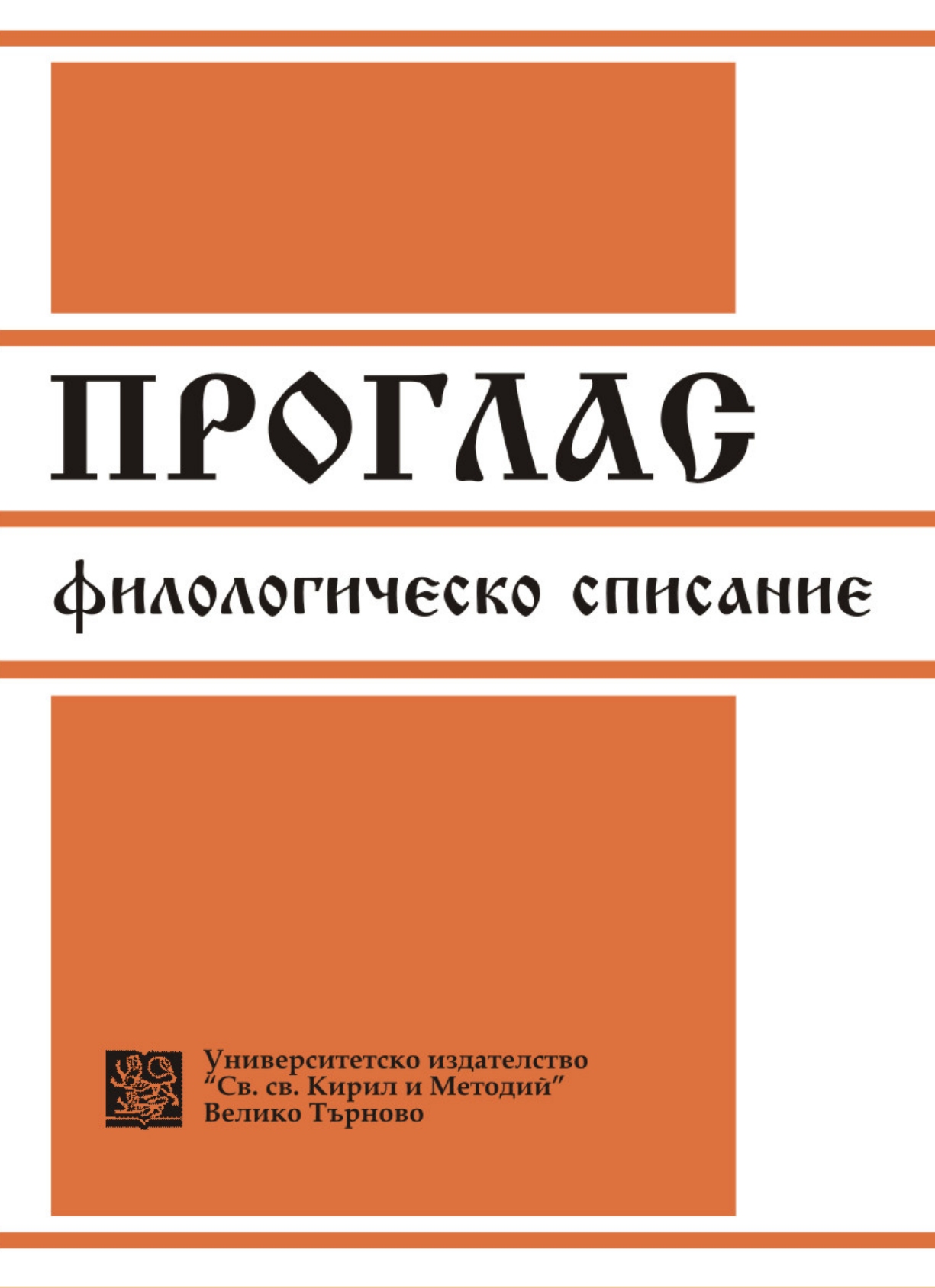
Творецът и неговият модел
The text analyses some particular features of the culture of the Antiquity and their projections into Western art, more specifically the ideas of love and happiness, of the artist/creator, of the roles of women in society and art. By tracing literary examples from the Antiquity, as well as literary historiography I will highlight the stable lines of representation which have also fed into the topos of West European imaginary – the image of the woman artist/creator (Sappho, Corinna), the myth of the male artist/creator and his model – “muse” (Kampaspa, Phryne, Lais, Aspasia, Cynthia, Fornarina), the myth of Pygmalion and Galatea.
More...
